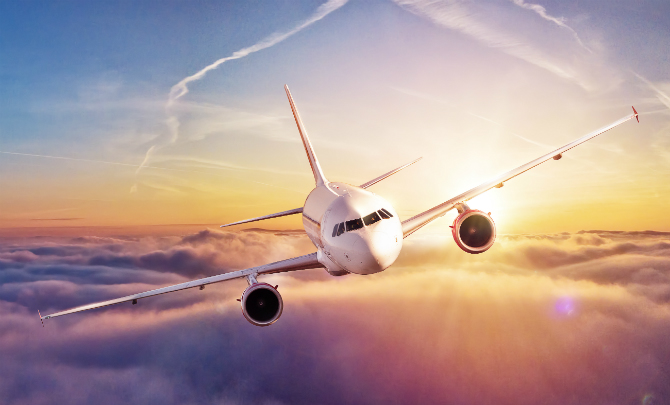
Despite the difficult situation that many countries face due to the ongoing Coronavirus pandemic, passengers are eager to travel for short and long-term trips. Such a need has been highlighted in the International Air Transport Association (IATA) recent report regarding the long-term view for post-COVID-19 passenger demand recovery.
According to IATA’s report, this year will see an increase in the number of passengers planning to spend their holidays in other countries, SchengenVisaInfo.com reports.
The organization predicts that in the years to come, the passengers’ demand will continue to increase:
- In 2021, international passenger numbers are expected to recover to 52 percent compared to 2019 levels.
- In 2022, international passenger numbers are expected to recover to 88 percent, compared to pre-pandemic levels.
- In 2023, international passenger numbers are expected to exceed pre-pandemic levels (105 percent).
- By 2030 global passenger numbers are expected to have increased to 5.6 billion, or 7 percent below the pre-pandemic forecast and an estimated loss of 2-3 years of growth due to the virus.
- Beyond 2030 air travel is predicted to slow, giving average annual growth between 2019 and 2039 of 3.2 percent.
In this regard, IATA’s Director General, Willie Walsh, has stressed that even though countries are currently in history’s most profound and grave crisis, he is optimistic about aviation.
Walsh emphasized that the increasing number of vaccinated persons and advancements in testing will bring back the freedom to fly in the months ahead, “and when that happens, people are going to travel again.”
“The immediate challenge is to reopen borders, eliminate quarantine measures and digitally manage vaccination/testing certificates. We must assure the world that aviation’s long-term growth prospects are supported with an unwavering commitment to sustainability. Both challenges require governments and industries to work in partnership. Aviation is ready. But I don’t see governments moving fast enough,” Walsh has pointed out.
IATA has stressed that the damages provoked by the Coronavirus pandemic will be felt for years to come; however, indications show that people have retained their plans to travel, and they have taken into account the following things:
- Possibilities for borders to reopen are met with an instant increase in bookings.
- Travelers have accumulated savings during the lockdown periods.
- Vaccination rates in developed countries should surpass 50 percent of the population by the third quarter of 2021.
According to Walsh, aviation will grow because citizens want to travel, while he still says that “we must be able to fulfill that consumer demand sustainably.”
IATA once again stressed that aviation is committed to cutting its net carbon emissions to half of 2005 levels by 2050.
A recent analysis of Mike Ford, Founder and Managing Director of the company SiteMinder, showed that booking momentum marked a 60 per cent increase up to this point during this year, compared to the pre-pandemic levels, for the first time since March 2020.
The Coronavirus pandemic situation has led to nearly €3,8 trillion financial losses in the travel and tourism sector in 2020, according to a previous report published by the World Travel and Tourism Council.







